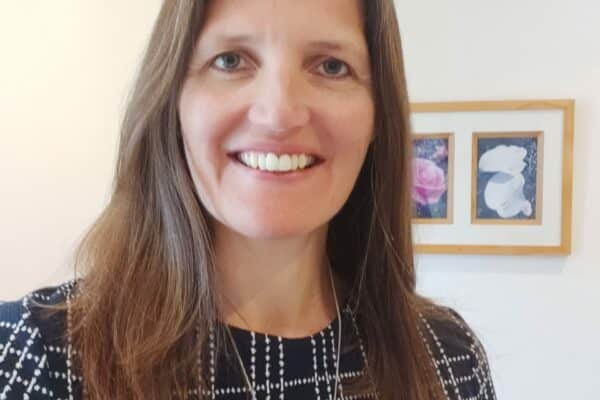My son’s care home is potentially about to close. He is currently residing in a home that has been developed for people with ASD as part of a larger village complex. His home attained an Outstanding standard by the CQC at the last inspection.
One of the options that has been put forward is to make the provision smaller. Currently his home is divided into four separate wing around a central administrative hub. He has his own flatlet and a shared kitchen/living room and is very happy. There are four clients in all on this particular wing.
To keep his home open and functioning, if the provision overall was downsized, would the home be able to re-register/remain registered? How would this work?
I would really appreciate some advice if possible. I haven’t given specifics and appreciate that any information/advice would be fairly general, but I would like some thoughts if possible?
Well firstly I am sad to hear that such a fantastic provision is taking this decision as I know how disruptive this can be for both you and your loved one.
But there are a number of options available here really and given what you say with regards to the make-up of the current service structure there are definite options.
Making the provision a smaller one is probably the most suitable but may require some work and could well be in line with the Care Quality Commissions Right support, Right care, Right culture.
You may find it useful to view this here: https://www.cqc.org.uk/guidance-providers/autistic-people-learning-disability/right-support-right-care-right-culture
The process of de registration is a complex one but your local authority may be able to offer advice and guidance with a view to re focusing on making the service into smaller supported living units or looking at the registration model.
If the service De Registers, then the process of registration would start again and as a result these key points become the focus and CQC expect providers to consider if they want to care for those who are autistic or have a learning disability:
- The model of care and setting should maximise people’s choice, control and independence.
- Care should be person-centred and promote people’s dignity, privacy and human rights.
- The ethos, values, attitudes and behaviours of leaders and care staff should ensure people using services lead confident, inclusive and empowered lives.
The current model of 16 beds may be an issue but it really depends how the service is restructured. There is a lot of talk about the “6 bed rule” this debate in part is born from the Nice Clinical guideline [CG142] that states that “If residential care is needed for autistic adults it should usually be provided in small, local community-based units (of no more than six people and with well-supported single person accommodation). The environment should be structured to support and maintain a collaborative approach between the autistic person and their family, partner or carer(s) for the development and maintenance of interpersonal and community living skills.”
So basically
It is difficult to give real clear guidance when only a snippet of information is given but I think with the guidance I have directed you to this will be some help.
- Your local Commissioning teams would be my first point of call to get support from them.
- Involve those who live here in the process and discussions. What do they want?
- Speak to the provider to find out why they are not looking at these options. It maybe they have explored them already and that changing the model would not make the service financially viable for them which is also a key point in this debate.
For me personally
A de registered Supported Living model seems to be the best option in this case as from what you have said this would be a good fit.
Hopefully these comments and links help you to move forward.






